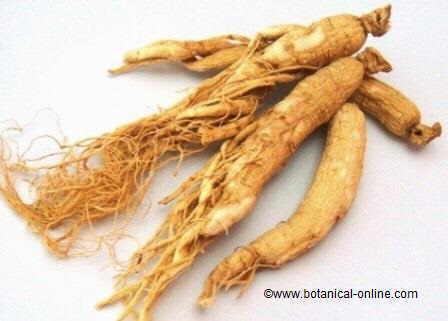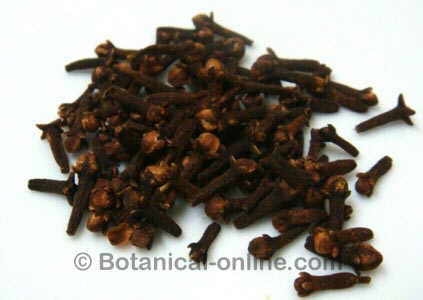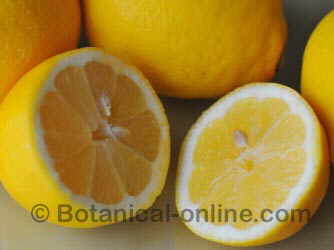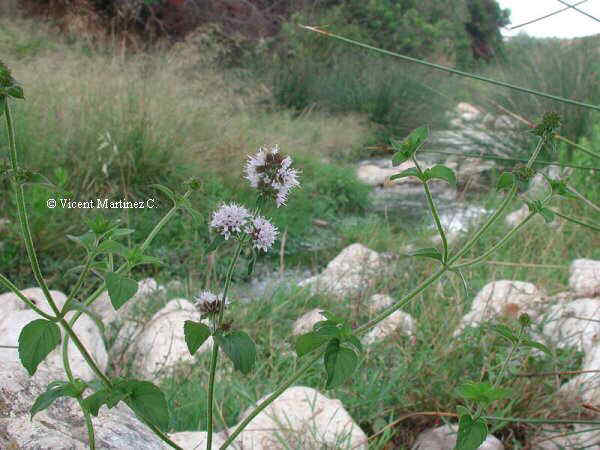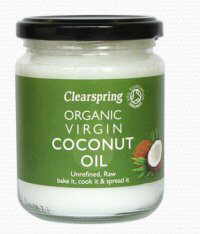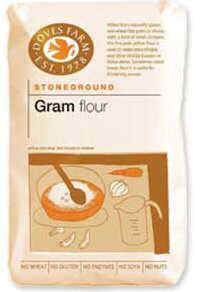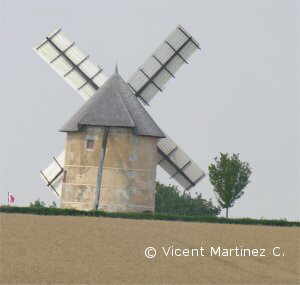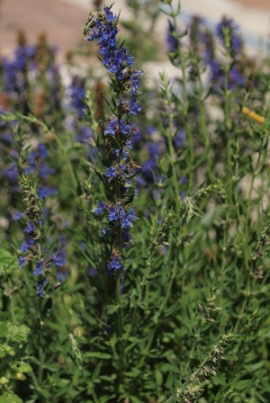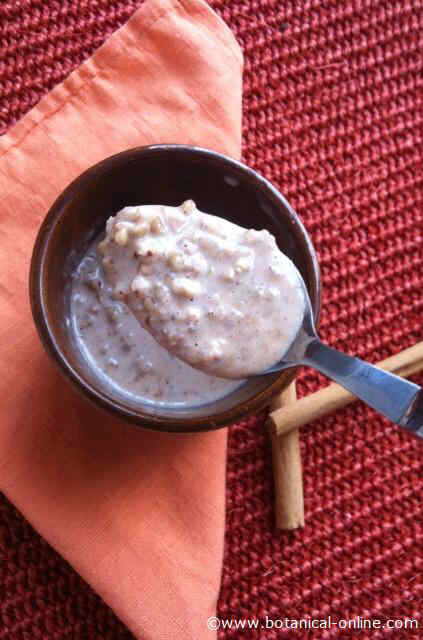Contents
- 1 Information about plants, remedies, diets, etc., to coagulate blood
- 1.1 Alternative treatments for blood clotting
- 1.2 How can you improve blood clotting?
- 1.3 General recommendations for people who have a low number of platelets
- 1.4 What to eat with problems of low platelets?
- 1.5 NOT RECOMMENDED FOOD FOR COAGULATION PROBLEMS
- 1.6 Share and consult in groups with the same problems
Information about plants, remedies, diets, etc., to coagulate blood
Alternative treatments for blood clotting
Blood disorders, such as hemophilia or ITP (idiopathic thrombocytopenic purpura) have to be controlled by the physician. They do not have to produce complications when controlled periodically and properly..
As for alternative treatments, many plants have medicinal effects of blood thinners and some properties that may favor the risk of bleeding, so it is not recommended at all take medicinal plants.
How can you improve blood clotting?
However, the disease can be improved by other means. In general, the most important is:
- Medical control
- Suitable and controlled exercise
- Proper diet
- Reduce stress
 Cabbage is a food that contains a lot of vitamin K. This vitamin promotes blood clotting
Cabbage is a food that contains a lot of vitamin K. This vitamin promotes blood clotting
General recommendations for people who have a low number of platelets
We know that people who eat healthfully, make exercise, avoid stress, meditate, avoid toxins and discard alcohol feel much better.
A healthy diet is one that provides vegetables, fruits, cereals, tubers, nuts, etc., with minimal processed products and additives possible (chips, snacks, pastries, canned food, pre-cooked food, flavor tablets, etc.).
Today you can find healthy recipes pages, with not too much homework, get delicious homemade dishes, with natural foods without additives. In Botanical You can find recipes, but there are many other blogs.
What to eat with problems of low platelets?
As for a little more specific dietary recommendations we can indicate the following:
- Although not essential, it is recommended to soak for 6 hours every cereals, legumes and nuts before eating, so that they lose some containing antinutrients (saponins).
- Take plenty of water and a diet rich in fiber, such as contributing nuts, fruits and vegetables. Constipation has to be avoided.
- Preferably eat plant foods and animal food from biological origin, or failing that, thoroughly wash vegetables, fruits, and peel them. It is recommended to avoid or reduce the intake of pesticides.
- Eat green vegetables containing vitamin K, which helps blood clotting: broccoli, cabbage, kale, dandelion leaves, Brussels sprouts, etc.
 Some plants such as ginseng are very dangerous for people who have problems with blood clotting
Some plants such as ginseng are very dangerous for people who have problems with blood clotting
NOT RECOMMENDED FOOD FOR COAGULATION PROBLEMS
- AVOID MEATS: as sausages, frankfurters, ham etc. They contain many additives that are not recommended. Some meats contain BHA and BHT additives that can interfere with coagulation.
- Reduce consumption of blueberries, grapes, garlic and tomatoes because they interfere with clotting
- Do not take medicinal plants, especially AVOID THE FOLLOWING: Ginseng, ginkgo, meadowsweet, willow, garlic, alfalfa, grapefruit, soy, parsley, currant, licorice, horse chestnut. All these plants have a very powerful effect and could be dangerous.
- Reduce consumption of dairy products: milk, cheese, yogurt. It is recommended to reduce this food group when there autoimmune diseases.
- Foods rich in saponins are NOT recommended, such as quinoa, cassava, amaranth, asparagus, soybeans.
- Avoid alcohol: Alcohol damages the bone marrow (where platelets are formed) and kidneys (where clotting and thrombopoietic factors are formed)
- Do not take tonic or similar: The quinine in the tonic and other drinks, can reduce platelets.
- Do not take aspirin or medications without first consulting your doctor.
For more details, you should have to consult with your doctor.
The patients with diseases of this type are encouraged to join patient associations whose function is to direct more specifically and provide support if necessary.
![]() More information on anticoagulant and coagulant plants.
More information on anticoagulant and coagulant plants.


